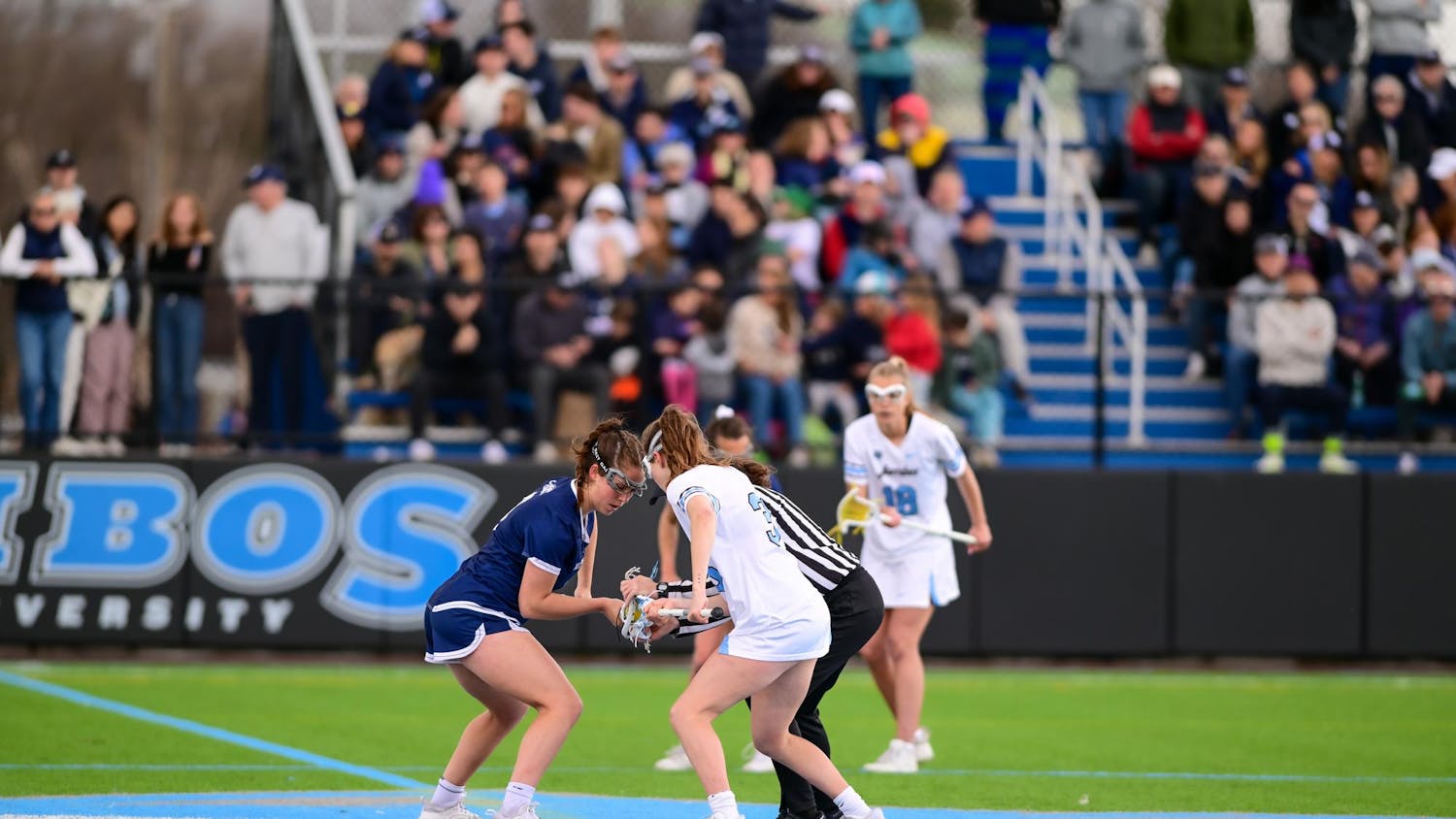What's the right way to treat an athlete? To some, athletes are on a pedestal. They're different from regular people. They eat at better restaurants, drive nicer cars and live in bigger houses.
Yet to others, they are people like you and me.
When an athlete signs a professional contract, they give up certain freedoms that separate them from the average person. However, this does not mean that they automatically forfeit the freedom to basic things like privacy and personal lives.
Many fans believe they have the right to know about an athlete's personal life and the right to judge them on what they do with their time. Is this fair to an athlete?
Heisman winner Johnny Manziel can't even attend classes on campus at Texas A&M because he has become too much of a distraction in the classroom and it impedes both his and others' ability to learn. He's relegated to taking online classes and says that he goes onto campus only about once a month except for football purposes.
Treating athletes as superior can lead to heavy consequences. We overlook their mistakes or sometimes even believe they can't make them - but they can. The latest example is Olympic runner Oscar Pistorius. He was an inspiration because he was the first double-leg amputee to compete in the Summer Olympics. People looked up to him. They used him as an example of how, no matter the obstacles, people can achieve their goals. But after the alleged murder of his girlfriend on Valentine's Day, people were shocked and hurt that this type of person could commit such a horrible crime - that is, the type of person considered to be a role model.
How about Lance Armstrong? He was a cancer survivor who was fighting all the odds to win a record seven Tour de France titles. He had sworn off talk of drugs, shunning and rejecting those who said otherwise. He was a real American hero. A hero who, as we would later learn, intimidated teammates and ruined the lives of people who threatened to get in his way. And let's not forget the classic example of Tiger Woods. He may be the only athlete in the history of professional sports who was more popular than his game itself. His presence in an event more than doubled the television ratings compared to a tournament without him, and if he was in contention come Sunday, the numbers were through the roof. He was the star who brought non-golfers and golfers together to watch on Sunday. He was the star who got in an accident one fateful Thanksgiving night, one that would shatter his reputation forever.
Although it seems fascinating to look into the lives of the rich, let's flip the script for a second. Would we want someone constantly following us around and tweeting our every move? We're raising these people to a superior status by treating them as different, but the higher we raise them up, the farther they will fall.
It's time to start giving these athletes a break. They're people too. Sure, they might have different problems than the average person, but that doesn't mean we have the right to invade their personal lives. We need to let them live their lives without the constant hassle of fans wanting to be a part of it.
The less we know of their personal lives, the better it will be for players and their fans alike. Appreciate what they do on the field, but don't try and extend it beyond that. They're not paid to be role models, they're paid to perform. If a player happens to exhibit the qualities that we ourselves strive for, well, then we should consider ourselves lucky. So, to the fans who immortalize players - you're sacked!
--
Jordan Bean is a freshman who has yet to declare a major. He can be reached at Jordan.Bean@tufts.edu.





